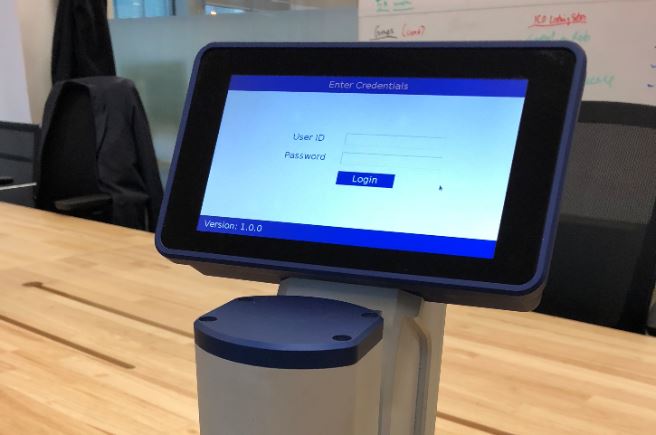AI device could be cheaper and more accurate than smear tests

UK startup Lancor Scientific has secured funding to launch a medical device that aims to use artificial intelligence (AI) to detect cervical cancer with 90% accuracy and at lower cost than currently available tests.
Conventional smear tests have an accuracy of 60%-70%, but the company hopes its Tumour Trace will produce results that are 90% accurate after securing backing from the Austrian government.
Smear tests cost around £30 plus lab processing costs, but Lancor said Tumour Trace will be able to do the same procedure in just two minutes and at £5-£10 per test.
The portability of the device also makes it suitable for use in the developing world.
A London-based medtech company, Lancor has already conducted successful trials with the NHS and improved upon the current accuracy of 60%-70% for certain cancer screening tests by pathologists.
Lancor Scientific says Tumour Trace can detect early cervical cancer at 90% accuracy, and can screen for multiple types of cancers.
With a CE mark for cervical cancer, Tumour Trace will go to market next year and the company plans to produce at least 10,000 devices in the next five years.
The aim is to deliver accurate, low-cost and near real-time cancer screening at scale, using the device’s ability to measure change of electromagnetism within tissue on quantum levels.
Lancor Scientific's new laboratory in Graz, Austria, will open in partnership with the Technical University of Graz, the Medical University of Graz and the Sigmund Freud University Vienna, to lead trials on cancer screening at a global level.
The company will receive grants over the first five years from the Austrian Government for facilities including office, research equipment, access to academic expertise and clinical trials management.
The lab will also have a registry to securely store patient data.
Aamir Butt, CEO of Lancor Scientific, said: “Lancor Scientific has dedicated itself to making accurate and cost effective cancer detection technology available globally.
“The vote of confidence from the Austrian government as well the partnership with experts at Graz Technical University allows us to continue that journey and provide a minimum of 10,000 devices within the next five years free of capital charge, with the capability of conducting 500,000 cancer tests per day. This is what we mean by making cancer screening available for everyone, everywhere.”












